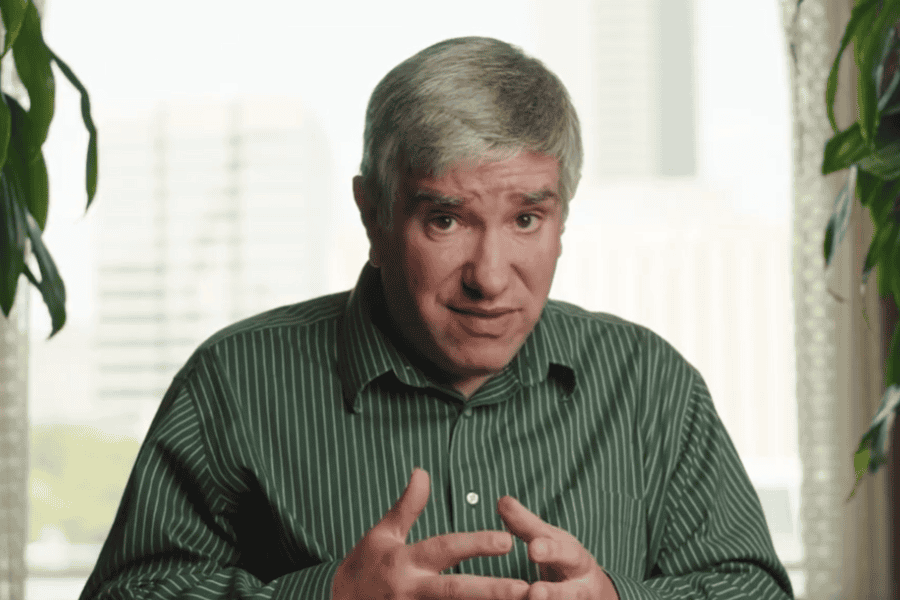How Southern Nevada Health District used QI Tools to Double Healthy Start Enrollments
Southern Nevada Health District used a QI approach to make small changes in their Healthy Start recruitment process, which doubled program enrollment.
Read more about this story.




